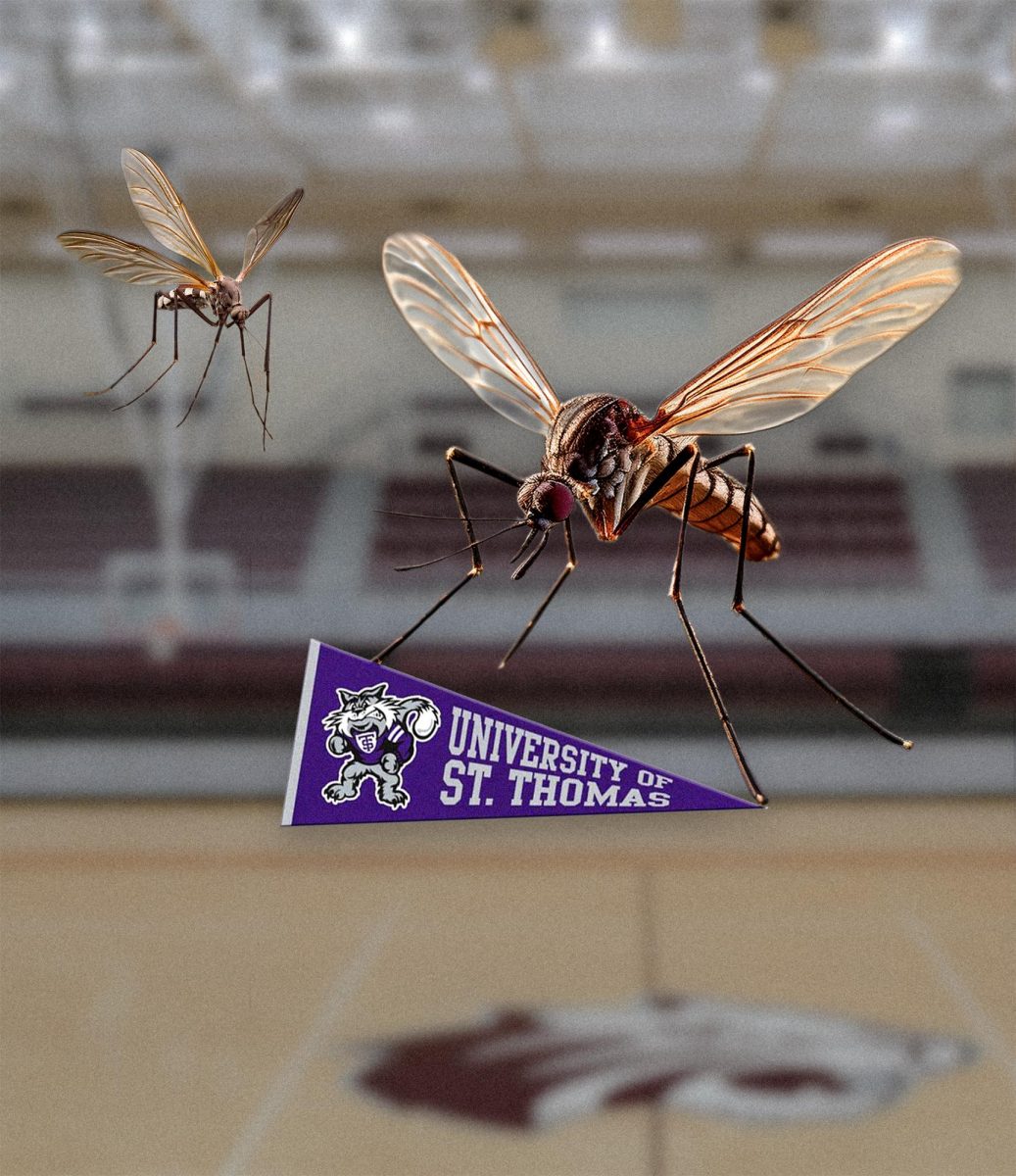Hitting a baseball is extremely difficult, almost as difficult as describing what it feels like.
“There’s no analogy to hitting. I can use adjectives, but I don’t even know if those work,” said junior third baseman John Tucker. “It’s honestly an indescribable feeling.”
In his 18 years at the plate, Tucker has faced collegiate aces and summer-league relievers. He’s been walked by high school closers and by select team southpaws. He’s hit off of coaches, machines and plastic tees in the game he’s played since age three.
In the front yard of his Houston home, surrounded by trees and shrubs, a preschooler held up a child’s metal baseball bat, perhaps mimicking the stances of the Astros’ Jeff Bagwell or Craig Biggio, whom he’d watched night after night on television.
Another energetic child faced him across the strip of dirt and pitched a tennis ball. John Tucker swung the bat.
One night, as a kindergartner, Tucker left tee-ball practice with his father, Marcus Tucker. The sounds of the youth baseball park mixed in the humid Houston air: the crunch of cleats, the clink of bats and a voice that called out to Marcus. A man, Mr. Burns, asked if six-year-old John can stay and hit.
Tucker joined Burns’ select team — which at one point also included Trinity sophomore Mason Meredith — and played from kindergarten until seventh grade, growing taller, stronger and more anxious. One night, the elementary student woke from a nightmare where he had been moved down in the batting order.
But baseball, Tucker would come to learn, is about failure.
Tucker arrived at Trinity in the fall of 2015, certain he’d be on the field come spring. Unfortunately for Tucker, as for many other former high school all-stars his year, he spent spring weeknights doing homework in the Witt-Winn lounge while the team he was promised a part of was winning game after game without him.
From his first year on the team, Tucker received Trinity baseball gear to wear to class and an impressive national championship ring to one day show his grandchildren — Danny Anderson, president of the university, made sure that every player, on the traveling team or not, received a ring as a reward for numerous practices and hard work.
Despite these perks, for Tucker, the long practices felt fruitless without the chance to put his skills into play.
“It’s a discipline to work on your skills, knowing that you might not get your own reward any time soon,” Tucker, now a junior, said. “The hardest part and the most important part is keeping a good attitude and realizing the team is bigger than yourself.”
The 2017 season allowed a new group to step up. In Tucker’s first season at the collegiate plate, the sophomore batted .297 in a season he found personally disappointing.
“There was definitely a lot of pressure, but it was pressure I put on myself,” Tucker said.
At the plate, you can do everything right and still fail. And you will fail, as will the greatest players, more than you will ever succeed. In hitting, you must face countless outcomes with a singular focus.
“If you’re gripping the bat as tight as you can, trying to do the best you can, you’re not going to. You gotta be relaxed and have fun,” Tucker said. “If you’re uptight and high strung, I think that is because you’re scared of failure, and if you’re scared of failure in baseball, you’ll never really be successful.”
Day after day, the four-hour practices are grueling, but gathered around the green turtle cage, watching each player take turns at bat, the teammates laugh and cheer.
“This year it’s a lot more about having fun and enjoying playing baseball with some of your really good friends,” Tucker said, “Baseball is a grind and you have to embrace that. When you embrace the grind, that’s when it becomes fun.”
Tucker hasn’t had any recent nightmares about batting orders. The 21 year old is having fun — and hitting .533.
“There’s so much more to life than just baseball,” Tucker said. “Baseball doesn’t define me. I love to play, I’m having fun with it, but I’m not gonna lose any sleep over it.”
Baseball, it turns out, is a lot like life.
“When you’re able to relax, you’re able to take more risks and be more open about things. If you’re so scared to fail and you’re just trying too hard, you’re not gonna enjoy what you’re doing,” Tucker said. “If you’re not enjoying what you’re doing then what’s the point?”
It’s a beautiful spring day on the campus of Trinity University. The purple mountain laurels are in bloom. John Tucker swings the bat. Statistically, he missed. That’s life. That’s baseball.






